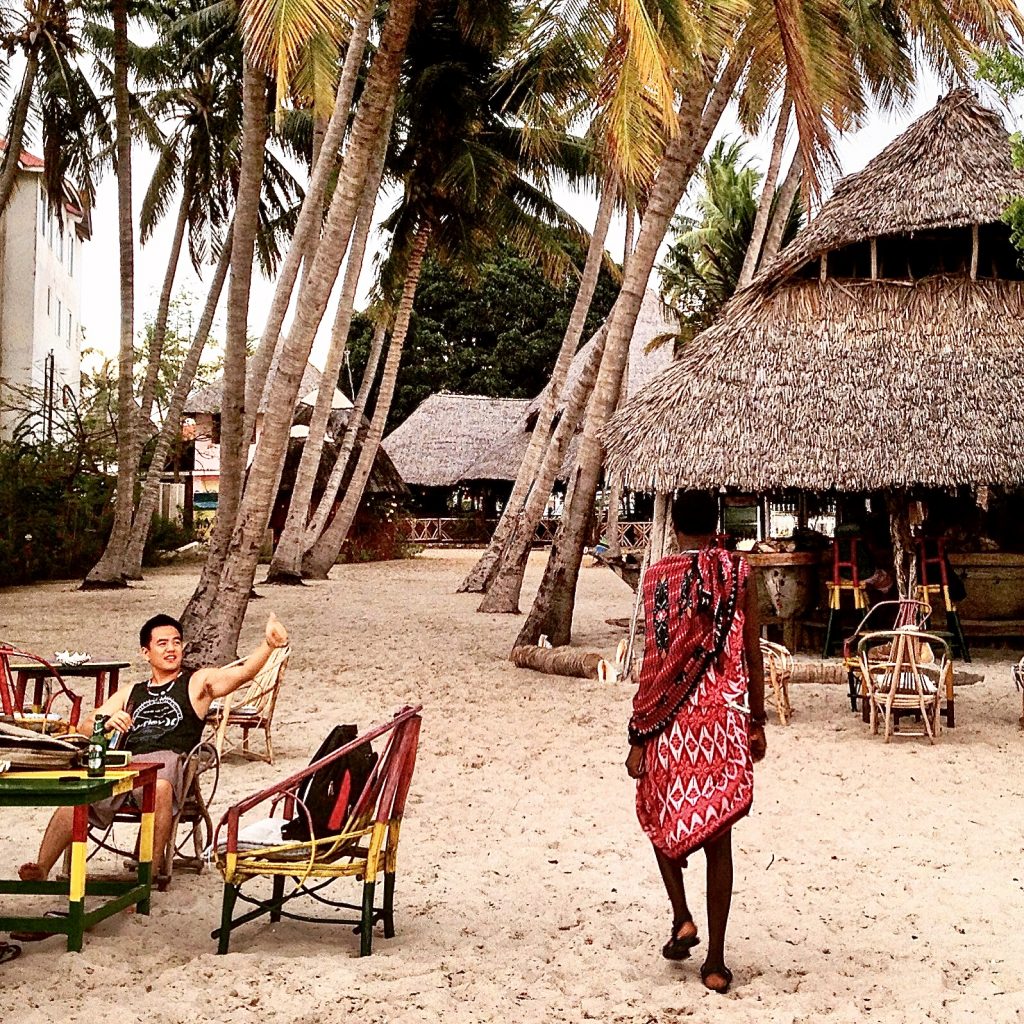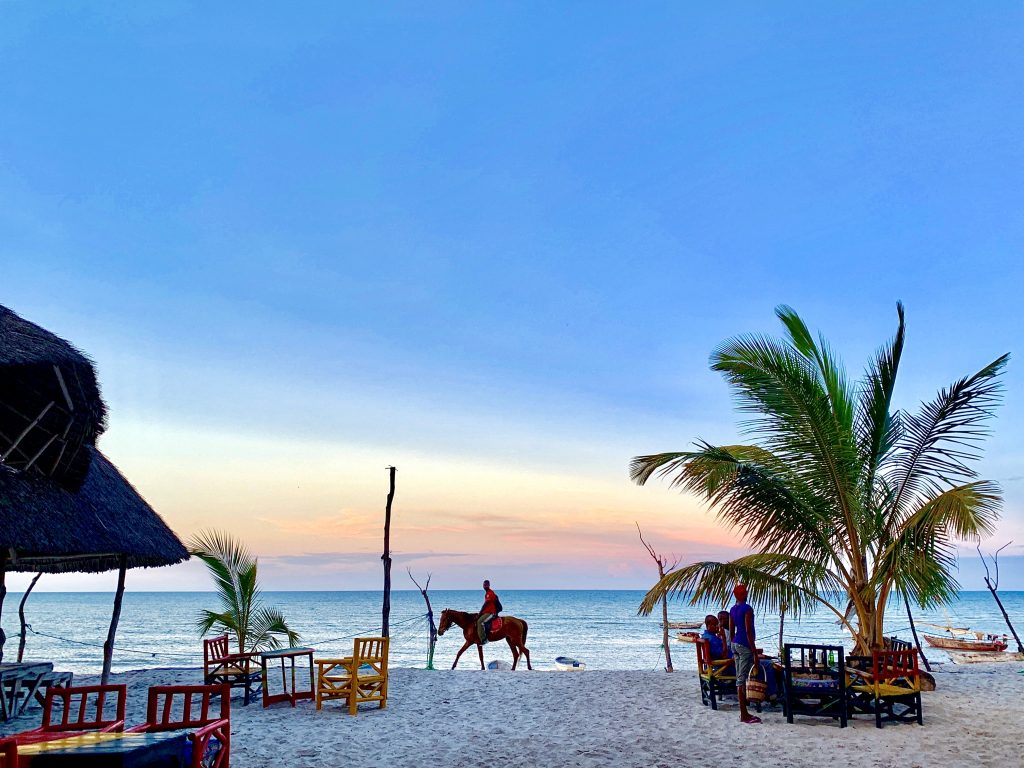
“From beachboys to skaters, nomads to surfers, we follow the sentiments of the seasons as our freedoms guide us; our expressions define us.
It’s not that we don’t care, it’s we realize these times are rare. So let’s grab a drink, not think, and do as we dare.”
In Tanzania, a beachboy is the derogatory term for a young man who has no plans for his future and spends his nights drinking away. Due to their nature, they’re often found at the beach. Due to my nature, I often encounter them. Very few are nefarious in nature, they’re akin to the skating culture of the west coast — those individuals who aren’t living life in a hurry, wake up with eyes blurry, and their last thought is no worry. Nomads in their own right, they live how it is and live for the night.
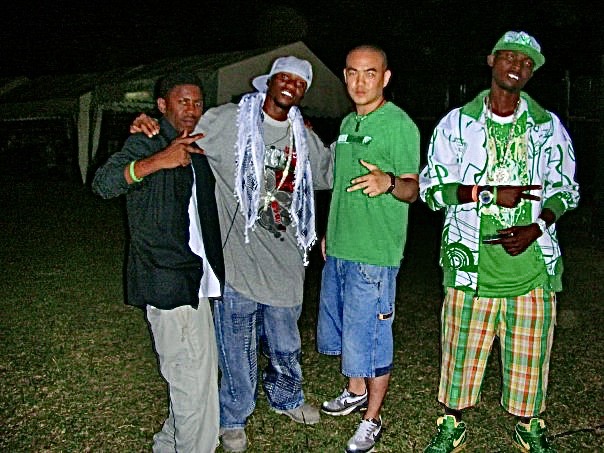

Encapsulating these elements off of eastern Tanzania, you’ll also encounter Maasai tribesman, often hired as security guards for bars, restaurants, and private homes. You can immediately tell they are Maasai by the way they’re dressed. As the only ethnic tribe in Tanzania who still dress in traditional garb, they are easy to spot and a fascination for western tourists.
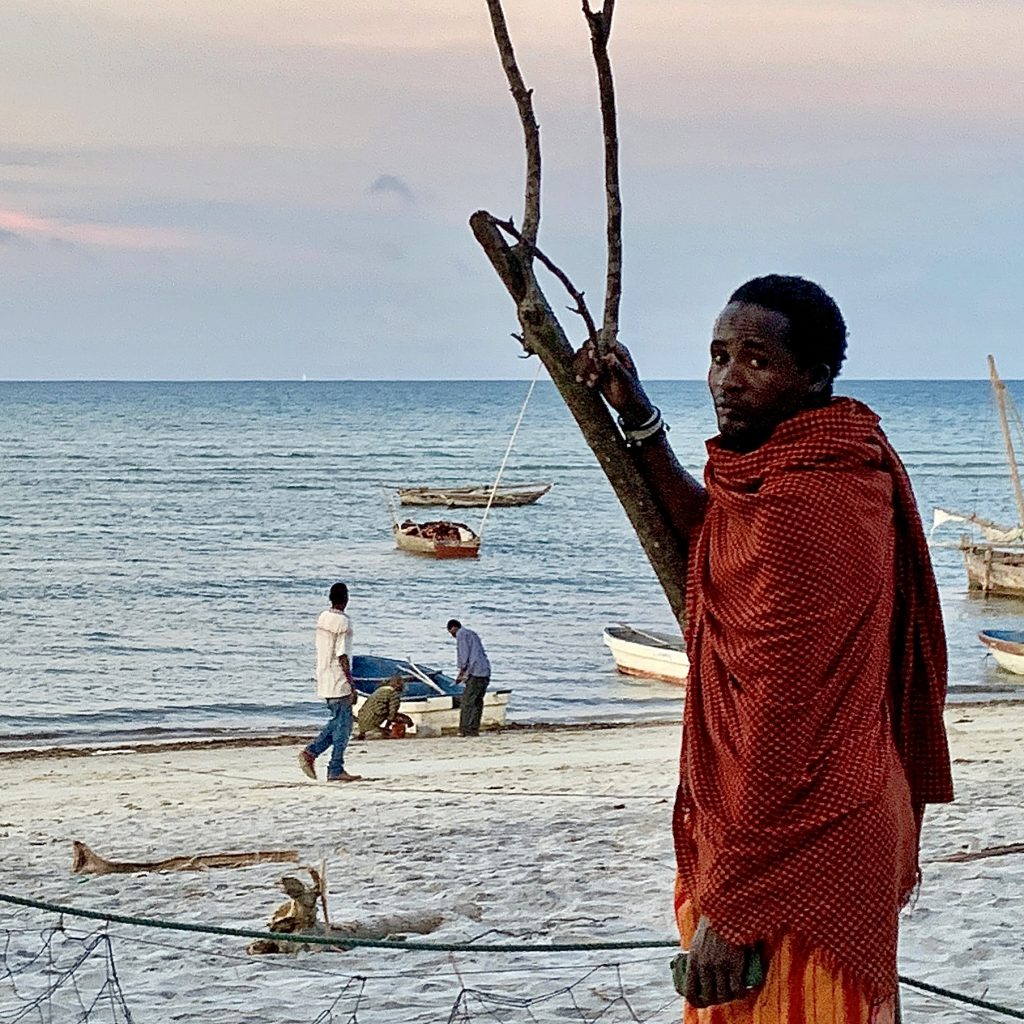
Unlike the extroverted and rap-lauding beachboys, the Maasai are more placid in nature and stick to their roots. Many cannot speak English as fluently as the beachboys, who frequent Zanzibar Island and the shores off the eastcoast of Tanzania.
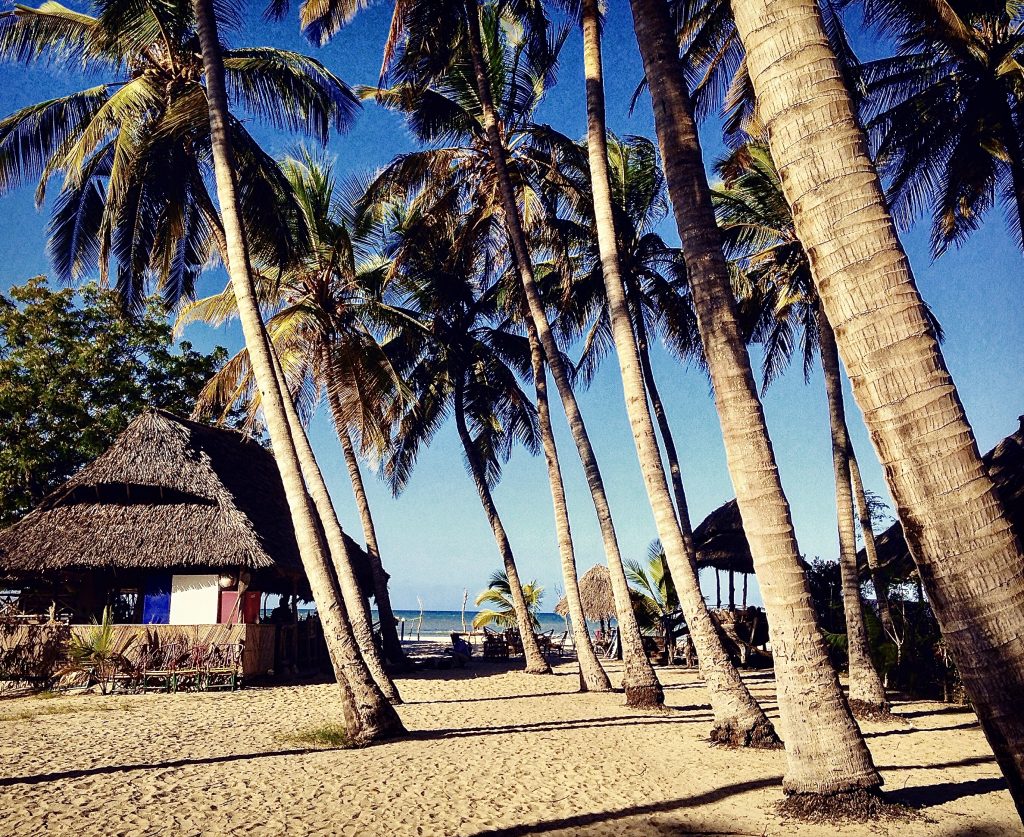
I first traveled to Mahaba Beach in my mid-2os, as we’d frequently throw parties here. The owner is a local Tanzanian and his wife is from Europe. In terms of hospitality, I am very partial to the owners here because they understand intuitively why nomads travel to Africa, many of whom embrace the local rasta culture.
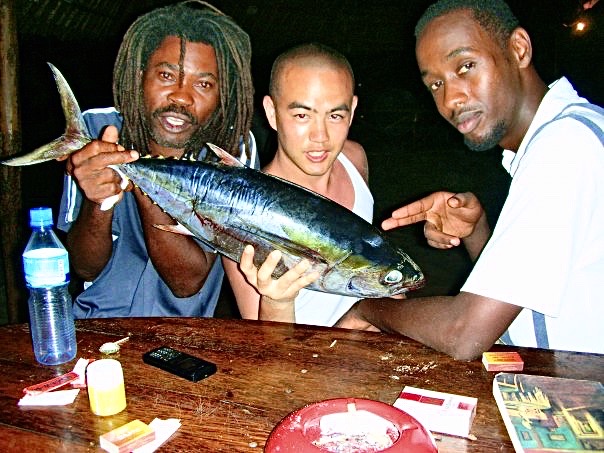
I am very appreciative to Mama Bea, as we call her, because she radiates warmth and offers my students free rein to chill at her beach on field trips.
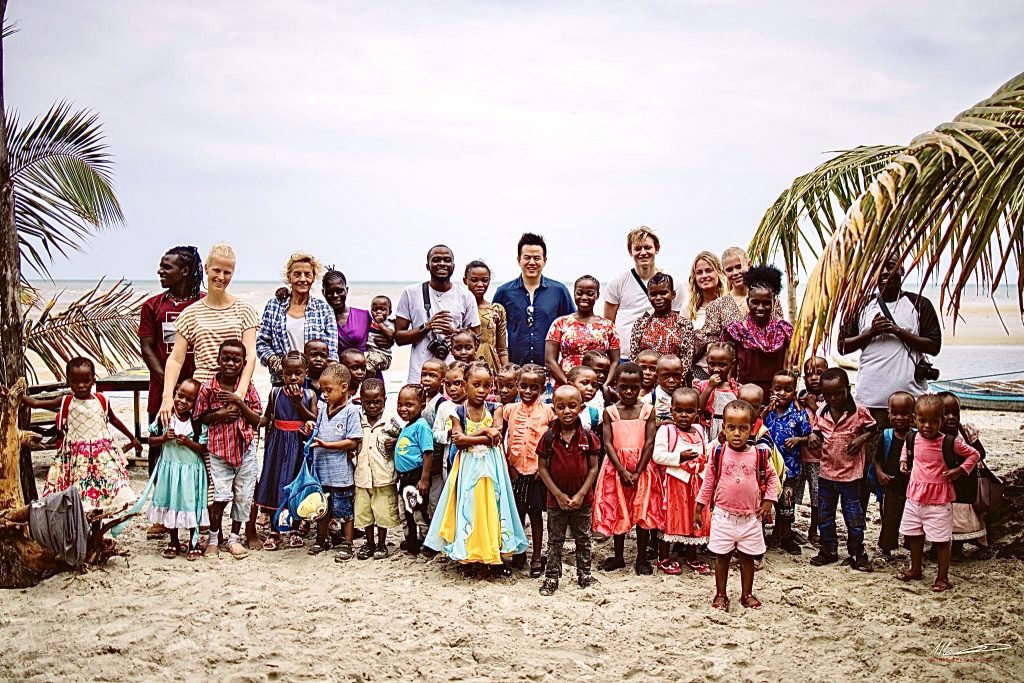
I co-founded a nonprofit preschool in Tanzania a few years ago and now we have over forty students. And, as any kid, who wants to stay indoors all day?
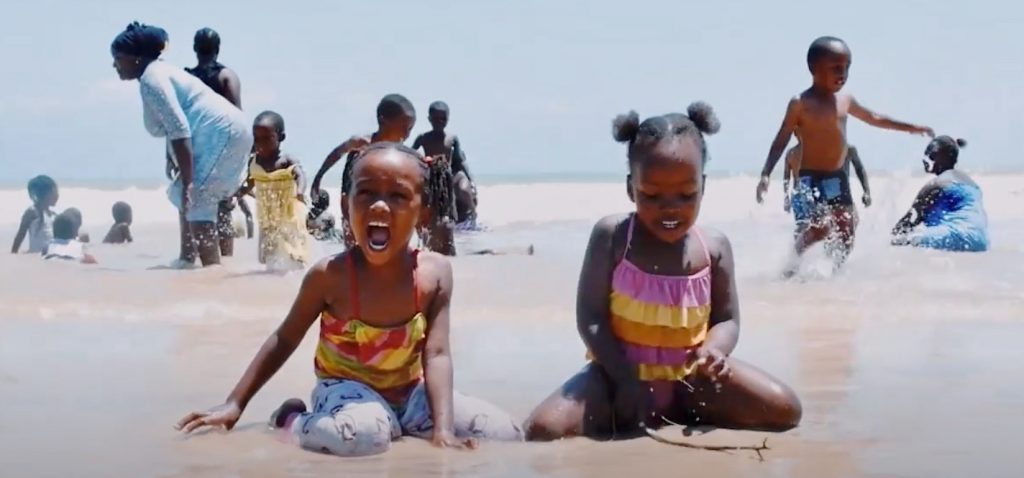
In terms of location, Mahaba beach is directly across from Zanzibar Island, and you can hire a private boat to take you to and fro Zanzibar if you’re up for it.
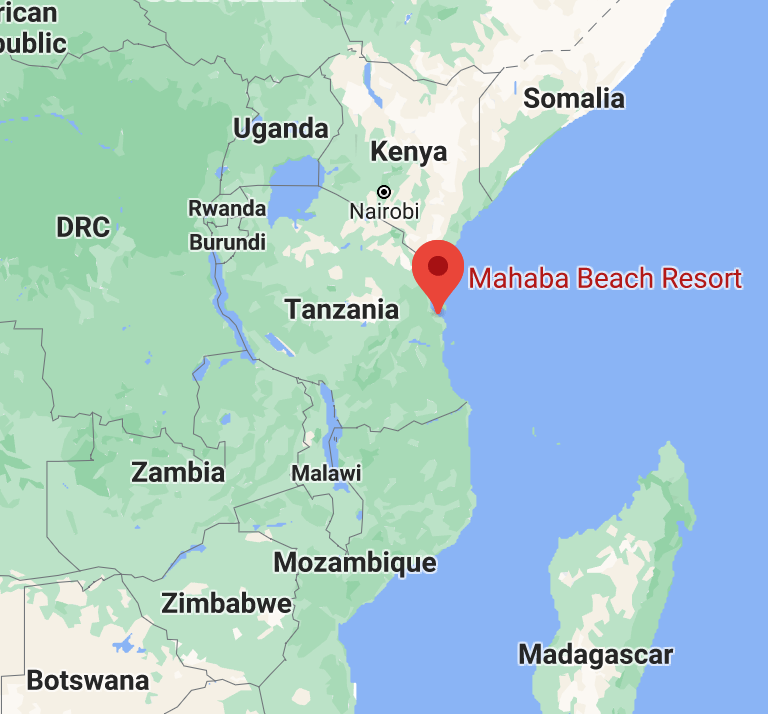
When I traveled back to this area in my 30’s, I came with a different mindset, as I was more interested in learning about the local culture here since there are several villages that dot around the region. They make their money from weaving fish baskets (as pictured below) and from fishing.
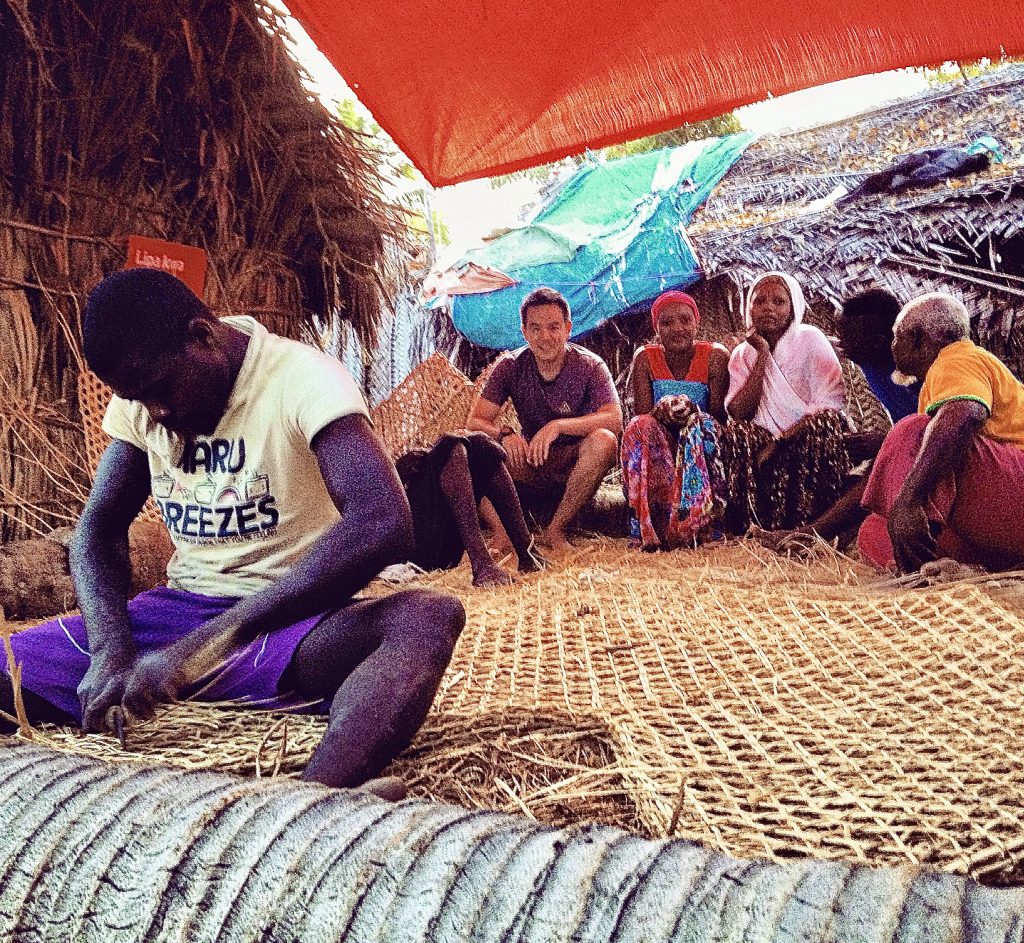
Seeing as how so few foreigners traverse these village areas, I set out to make a short documentary about the lives of these fishermen. We awoke at 4AM to head out for shooting, catching the sunrise as we overcame our hangovers.
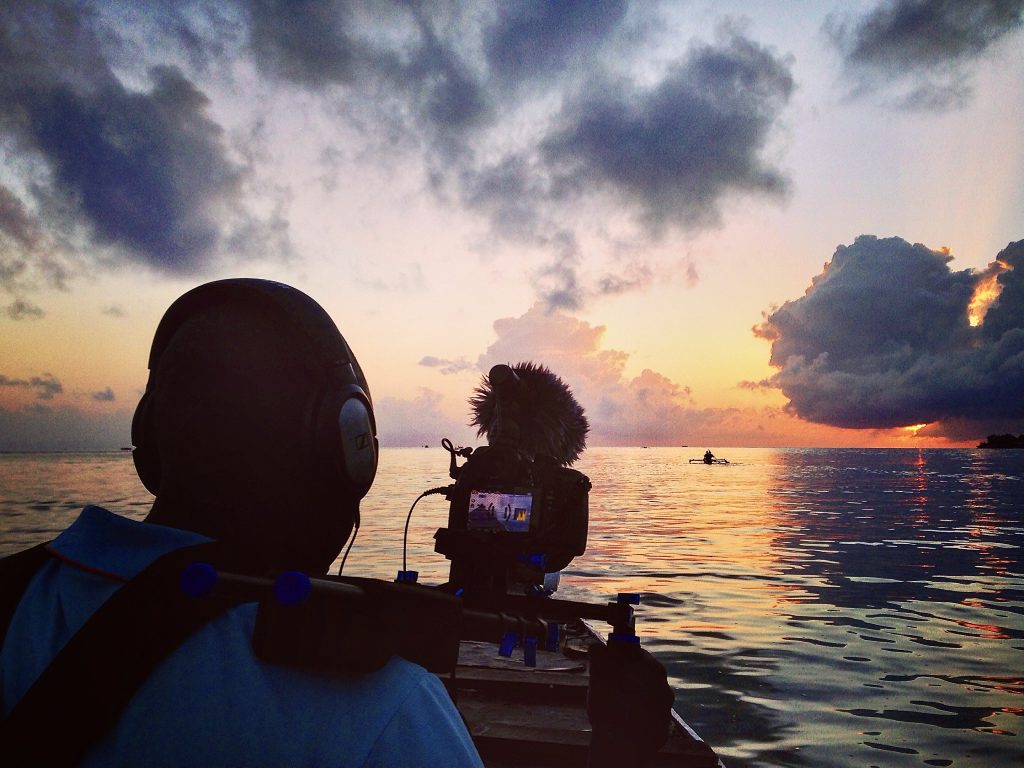
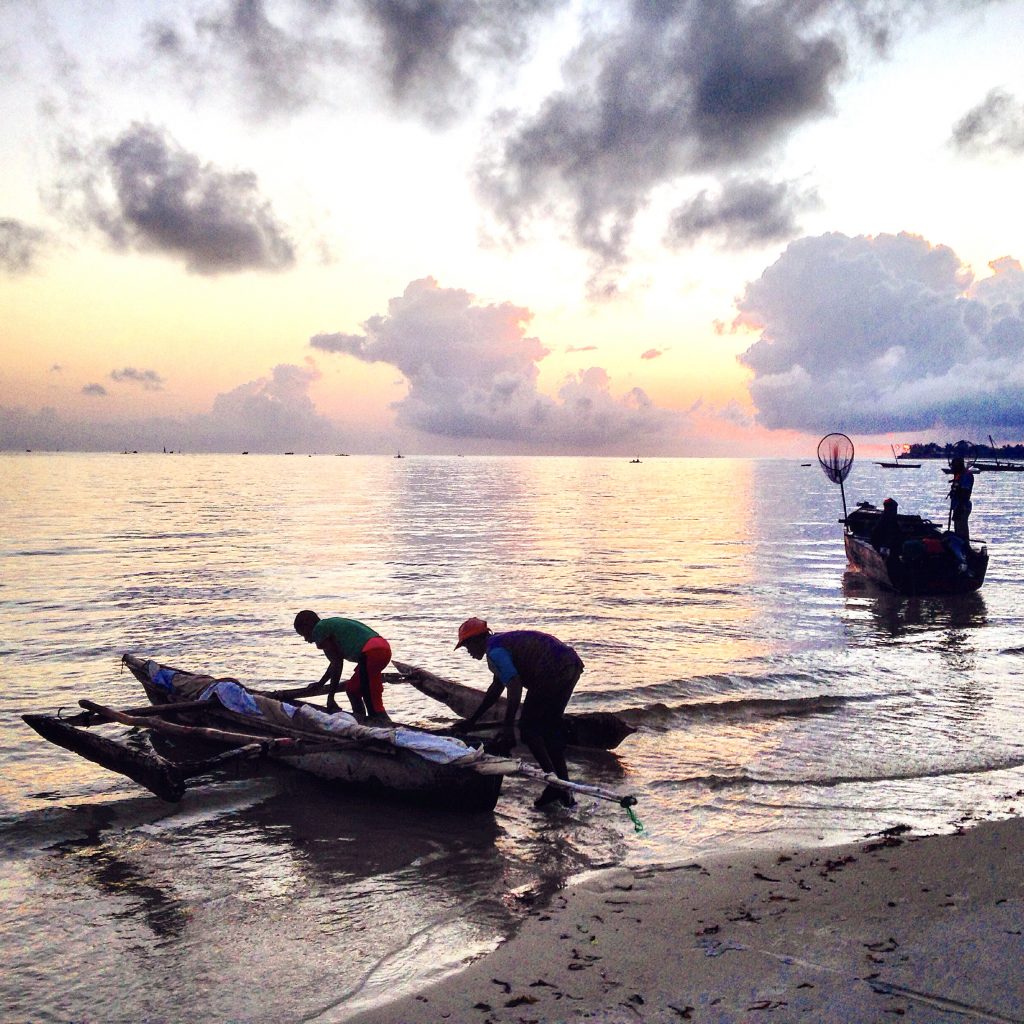
In terms of the fishermen here, they set out their traps overnight and see what they find in the morning. They have to arrive early since sometimes robbers will steal their traps.
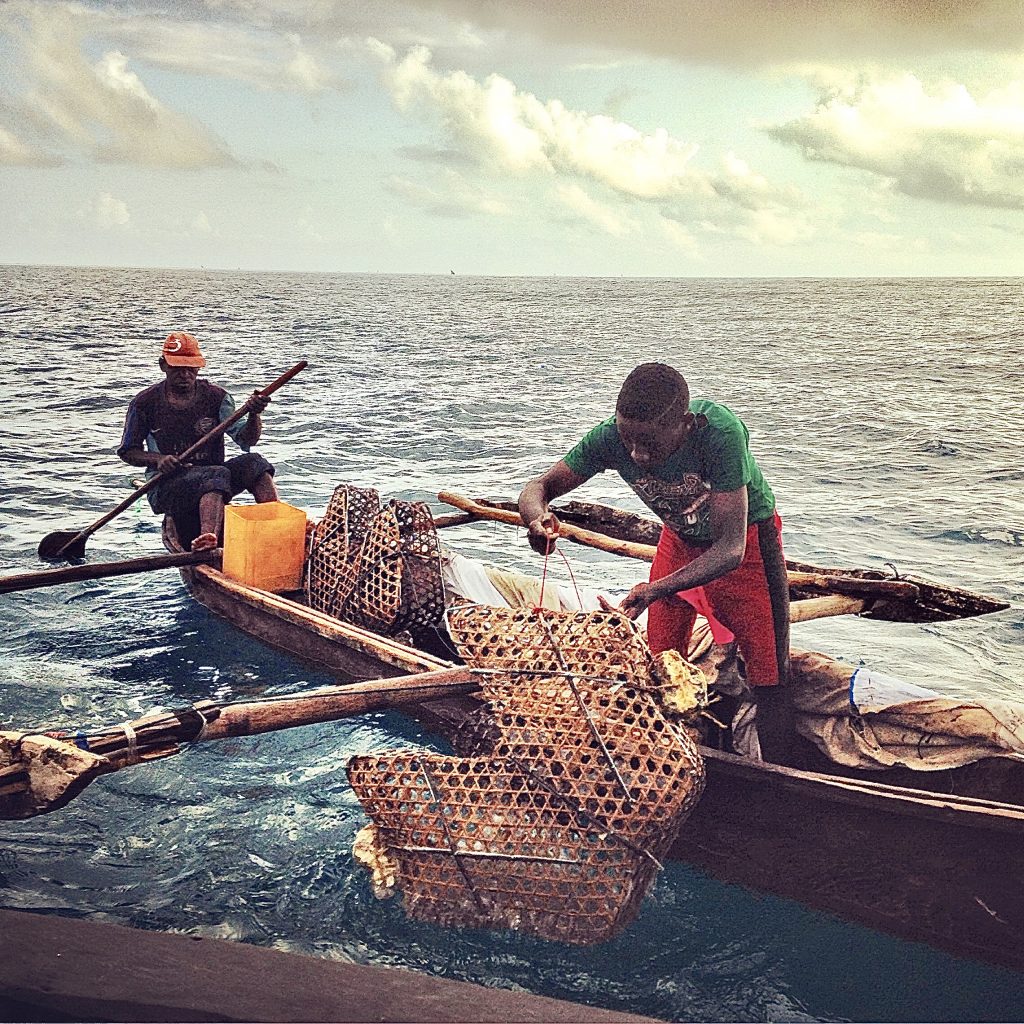
The biggest catches here are Yellowfin Tuna and Kingfish for those using nets, while these teenagers capture smaller game from their traps.

After collecting a day’s catch, they head to the local auction to sell it, but they usually only make about $10-15 a day. Having spent several months living here, I’d frequent the auctions to buy fish. Usually a week’s supply of food would only cost me $15-20, and I was the only foreigner out here at these auctions.
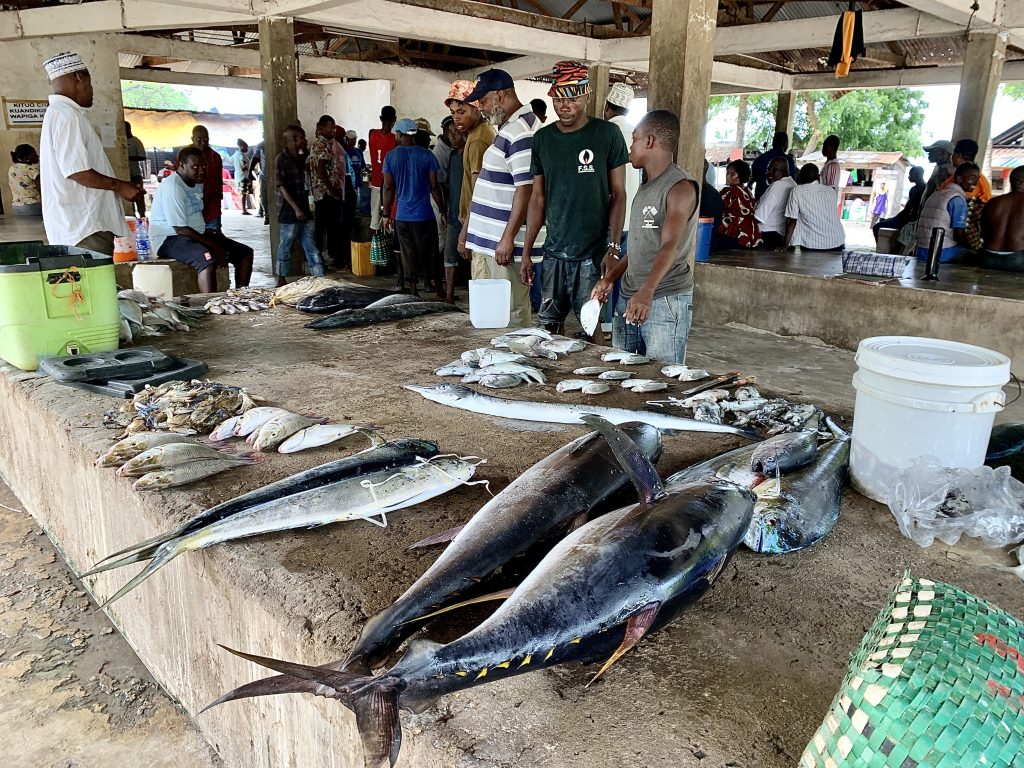
They first viewed me suspiciously when my local cameraman and I were shooting videos, and some of the village elders even told the teenage fishermen I filmed that I was scamming them to make thousands of dollars off their content. They thought I came from a big foreign production company when, in reality, I was just a nomad curious about their lives.
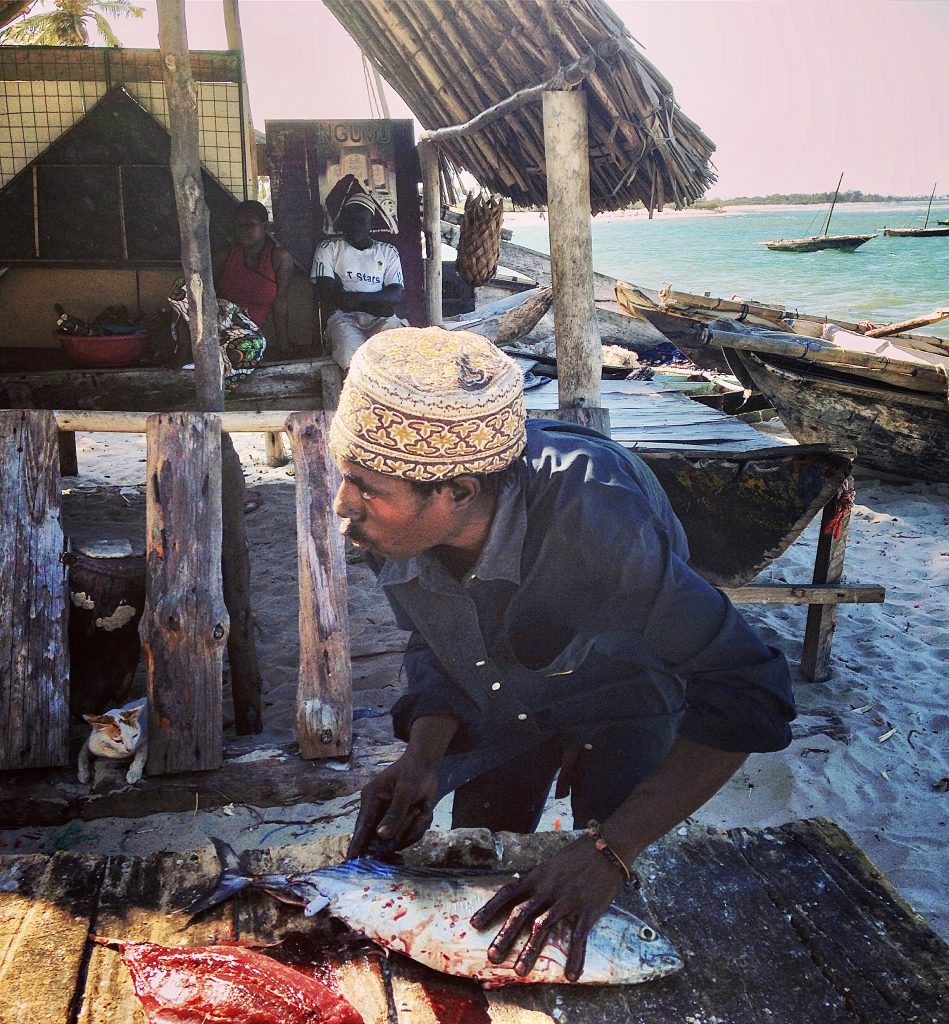
But this is life. In my travels, people are often circumspect of my intentions and I’ve ended up in some heated situations when, at the end of the day, my curiosity is what led me to journey.
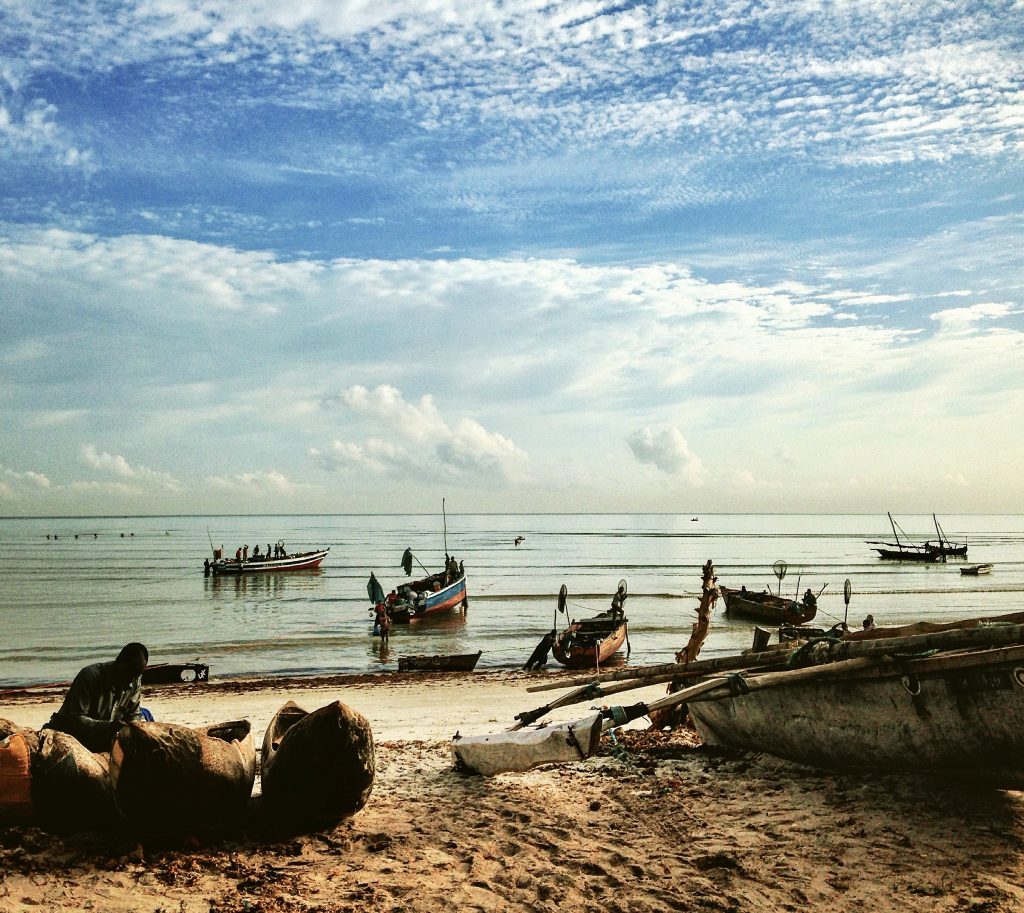
So I buy them a beer and give them a salute for, at the end of the day, life is short so let’s enjoy it.
